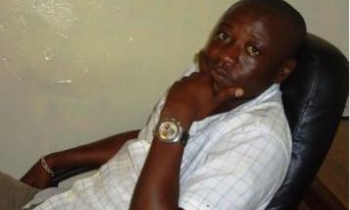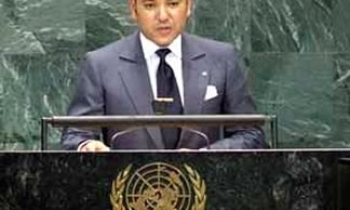Some of the chattering heads on television would have you believe that journalism in the USA is falling apart. It's not. Instead, it is assuming a new form.
The recent reporting scandals are not a sign of new corruption as much as a sign of new transparency. First The New York Times, then USA TODAY, and now CBS have been under fire for failing to exercise close-enough supervision over errant reporting. In the case of the two newspapers, the issue was malice – writers deliberately making up things. With CBS, it was carelessness, accepting sham documents as legitimate in the face of expert opinion that they had been forged.
When Internet commentators known as bloggers started pointing out the anachronism in the typeface of the documents purporting to show George W. Bush dodging his duties in the Texas Air National Guard, they weren't telling CBS anything it hadn't been told before. Emily Will, a document specialist in Raleigh, N.C., was one of the people hired to vet the documents. She sent CBS an e-mail three days before the broadcast, pointing out the problem. The producers ignored it.
What gives bloggers their power is not their access to information but their ability to put it on the public agenda. After the broadcast, when CBS posted the documents on the Internet to back up its story, the hue and cry of the bloggers could not be ignored.
Standards weren't always so high
Some commentators have said CBS violated historic journalism standards by going public with unverified information. But before the Internet, the standard wasn't really that high. Journalists could get away with more because they weren't watched as closely.
One old-fashioned investigative technique was to publish unverified information in the hope that the resulting uproar would smoke out new sources that would provide the verification. That's exactly what The Miami Herald did in 1987, when it reported presidential hopeful Gary Hart's overnight liaison with Donna Rice. It had moral certainty that it was telling the truth, but not legal certainty. That came only after its story had been out for several days and other investigators came forward with pieces of the puzzle.
Over the decades, scholars have changed their minds about the power of the media. The Spanish-American War was largely the product of a campaign by newspaper publisher William Randolph Hearst, and that made newspapers look powerful. Orson Welles scared the bejabbers out of everybody with his 1938 radio simulation of an invasion from Mars, and it seemed that radio could control our minds.
But more systematic study shows that such powerful media effects were rare. The media could set the agenda by telling citizens what to think about, but it couldn't tell them what to think.
Media influence is waning
Now, even its agenda-setting power is being taken away. Bloggers do it better because they reinforce one another, adding bits of fact and encouragement.
Agenda-setting power had a negative side. By ignoring their own deficiencies, the mass media could keep us from thinking about their weaknesses. But that's no longer possible. There's a new kind of competition, not among media giants, but among innumerable sources of information and ideas all trying to be heard.
Dan Gillmor has written a book, We the Media, about this. The first draft of history, he says, is being written in part, "by the former audience." News is less a lecture now and more of a seminar.
The agonies of the old mainstream media are part of the process of adapting to this new reality. We still need strong national voices that earn our trust, and the mass media need not become obsolete. But they will have to understand that it is a different kind of game.
When Edwin Lahey was Washington bureau chief for Knight Ridder, he liked to say, "The greatest virtue is humility, and the shortest route to humility is through humiliation." The old media aren't getting worse. They're just getting humble.
Philip Meyer is the Knight Professor of Journalism at the University of North Carolina at Chapel Hill. He also is a member of USA TODAY's board of contributors.









